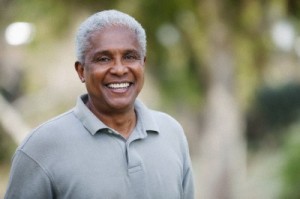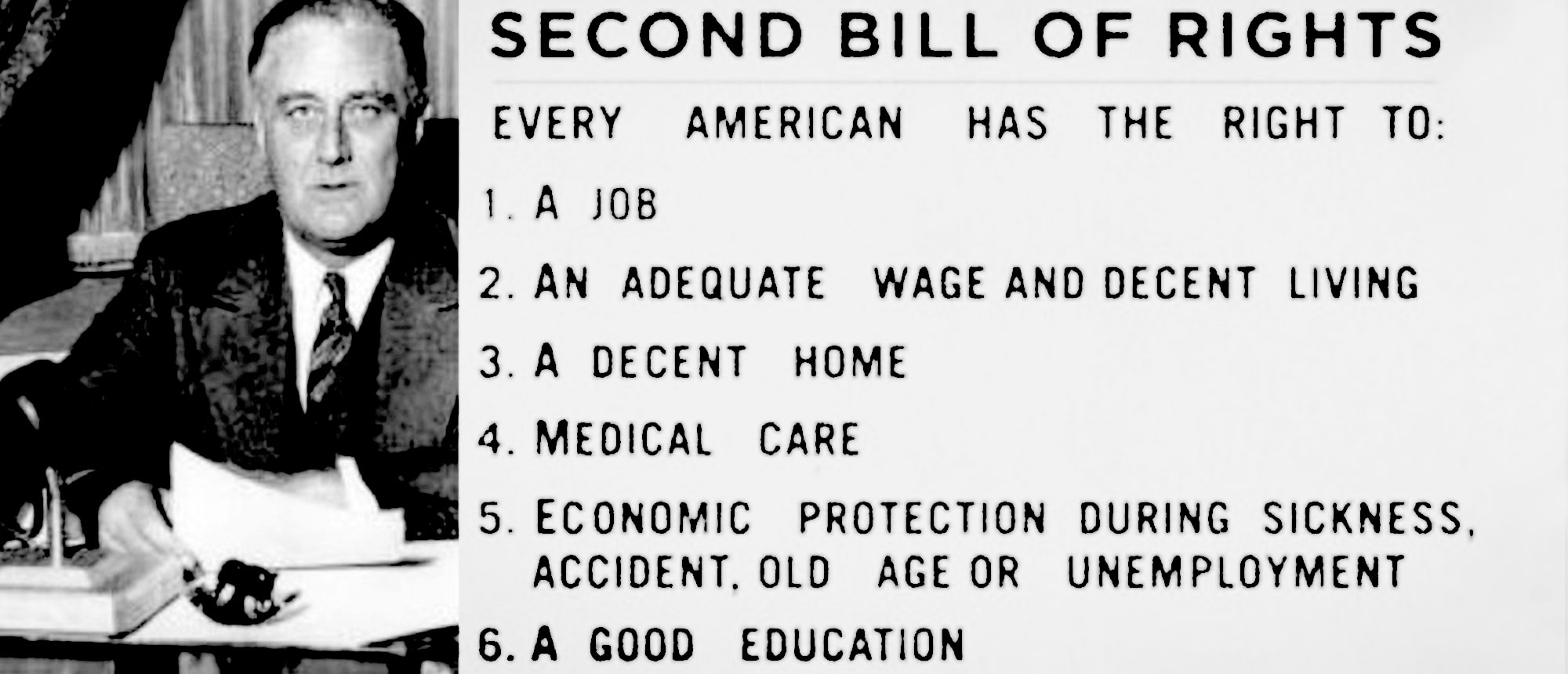(ThyBlackMan.com) We live in a world that is obsessed with looking young and beautiful. Faced with loss of youth, many of us feel profound fear, loneliness, and regret—which leads to the depressing idea that the best years of our lives are behind us.
Aging is something we all do but understand very little. We could list things that change as we age (memory loss, wrinkles, muscles loss, balance trouble, etc.) but no one really understands what aging is, why it happens or how to stop it.
Most people are scared, indeed, terrified of old age because they feel that aging is characterized by a progressive loss of essential body functions that they have learnt to take for granted over the years; for instance, loss of vision, hearing, teeth, memory, intelligence, sexual drive, muscle strength  and vigor. However, it needs to be emphasized that you can become old healthily; remember that old age does not necessarily mean progressive deterioration or susceptibility to a plethora of ailments!
and vigor. However, it needs to be emphasized that you can become old healthily; remember that old age does not necessarily mean progressive deterioration or susceptibility to a plethora of ailments!
Fortunately, aging doesn’t have to be a downhill slides and gaining adequate knowledge about changing body patterns over time can help you age the healthy way. Older people have the reputation of being more mature, experienced and thoughtful. Whether or not you become wiser as you grow older, you are likely to become farsighted for sure ! Farsightedness ( presbyopia ), one example of aging, is a change in vision that’s a normal part of aging. It is caused by a gradual hardening of the eye’s lens, which impairs your ability to see up close. Your optometrist may recommend a pair of non-prescription reading glasses or prescribe bifocals for you.
Aging is nothing more than the natural wear and tear of the body’s component parts. It’s inevitable, and endlessly intriguing. While many age-related changes cannot be prevented, a lifestyle that includes exercise and a well-balanced diet will slow or minimize many problems related to aging.
As we age, our body’s organs and other systems make changes. These changes alter our susceptibility to various diseases. Researchers are just beginning to understand the processes that cause changes over time in our body systems. Understanding these processes is important because many of the effects of aging are first noticed in our body systems. Here is a brief overview of how some body systems age:
- Heart Aging: The heart muscle thickens with age as a response to the thickening of the arteries. This thicker heart has a lower maximum pumping rate.
- Immune System Aging: T cells take longer to replenish in older people and their ability to function declines.
- Arteries and Aging: Arteries usually to stiffen with age, making it more difficult for the heart to pump blood through them.
- Lung Aging: The maximum capacity of the lungs may decrease as much as 40 percent between ages 20 and 70.
- Brain Aging: As the brain ages, some of the connections between neurons seem to be reduced or less efficient. This is not yet well understood.
- Kidney Aging: The kidneys become less efficient at cleaning waste from the body.
- Bladder Aging: The total capacity of the bladder declines and tissues may atrophy, causing incontinence.
- Body Fat and Aging: Body fat increases until middle age and then weight typically begins to decrease. The body fat also moves deeper in the body as we age.
- Muscle Aging: Muscle tone declines about 22 percent by age 70, though exercise can slow this decline.
- Bone Aging: Starting at age 35, our bones begin to lose density. Walking, running and resistance training can slow this process.
- Sight and Aging: Starting in the 40s, difficulty seeing close detail may begin.
- Hearing and Aging: As people age, the ability to hear high frequencies declines.
Staying active is a terrific way to stave off the negative effects of aging because it helps your body maintain, improve and even repair itself. Physical activity increases flexibility, lowers blood pressure, strengthens bones, slows down the process of osteoporosis, and promotes weight loss. The remarkable aspect about getting fit is that it’s never too late to start. Fifteen to 30 minutes of exercise, with a warm-up and a cool-down, three or four times a week, would be ideal. Remember to start out slowly, exercising for about five to ten minutes twice a week, and gradually build up to a higher level of activity. choose an activity that you’ll enjoy, and try to get a friend to accompany you. Brisk walking, swimming and yoga are just a few of the options. Before starting your regular exercise regimen, please check with your doctor about possible complications or risks.
Never think of age as being anything but just a number. There are some things in life we have no control over, such as when we were born. Age is no more than a circumstantial detail, like the color of your eyes, or the names of your parents; it does not define who you are. Aging is inevitable, growing old is avoidable. Expressed differently, one is never too young to be old or eve die, but one is never so aged as to become old.
Illness and aging need not go hand in hand. If you take good care of your body in the ‘morning’, it will take good care of you in the ‘evening’ of your life.
Don’t give up the ship. Even if you’re pretty sure you’ve taken less than the best care of the body you were given, it isn’t too late to fix some things, according to the medical experts. Talk to a nutritionist – you’ll be fascinated by how simple it is to make small changes with big results. Start moving about more – exercise can be fun. You can count everyday activities as exercise. Energetic house cleaning, walking up and down stairs, swimming, and so forth all count. You’ve heard the recent advice – park your car farther from the store. Use stairs, not elevators. Get up from the couch or computer every hour and do something active.
Develop a good relationship with a doctor you trust and see that doctor regularly. Talk over things that concern you. Keep an eye on your partner or spouse and ask them to monitor your health visually, too.
Read a lot – keep up to date on the latest health information and take the steps that seem viable or rational to your situation. You live in an excellent time – medication, therapies, science and research are increasing life expectancies almost daily. Do your part and make the most of what you have.
It’s never too late to adopt a healthy lifestyle. You can’t stop the aging process, but you can minimize the impact by making healthy lifestyle choices.
Remember, I’m not a doctor. I just sound like one.
Take good care of yourself and live the best life possible!
Glenn Ellis, is a Health Advocacy Communications Specialist. He is the author of Which Doctor?, and is a health columnist and radio commentator who lectures, and is an active media contributor nationally and internationally on health related topics.
His second book, “Information is the Best Medicine”, is due out in Fall, 2011.
Written By Glenn Ellis
Official website; http://www.GlennEllis.com




















First of all, your article is very informative. You have explained the things we all have to face when we have reached the golden age. “Most people are scared” you are so true about this, we will do anything, like buying anti-wrinkle creams to maintain our younger look, or start eating healthy foods. This is the time we start to be conscious of our health and physical appearance as well.